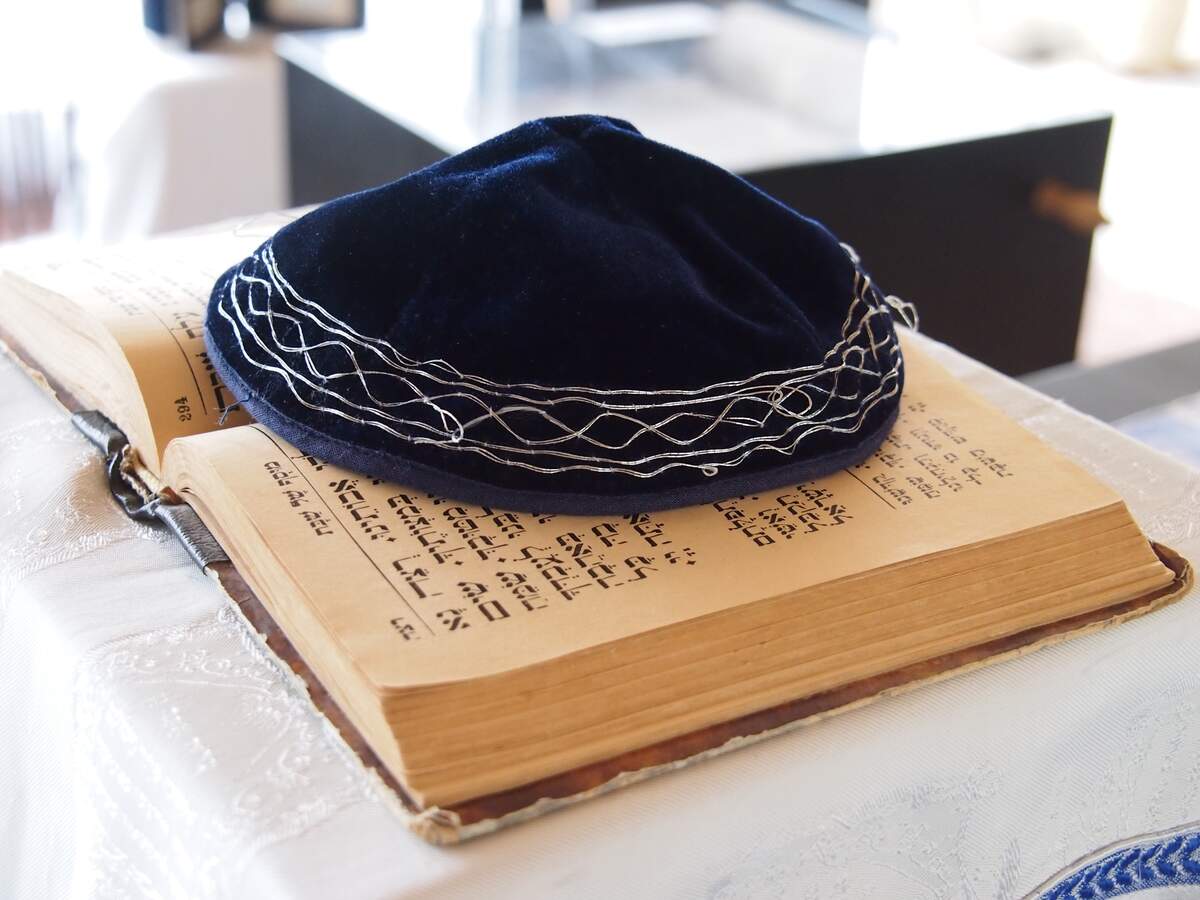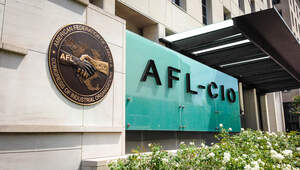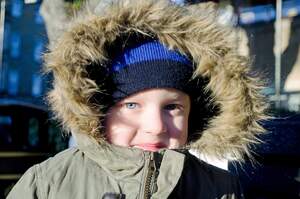

The Start of Hanukkah
Also known as
Chanukah
Feast of Dedication
Festival of Lights
Observed
the 25th of Kislev in the Hebrew calendar
Dates
Hashtags
Sources
Hanukkah, which is the Hebrew word for "dedication," is a Jewish celebration that lasts eight days and eight nights. It commemorates the rededication of the Second Temple in Jerusalem, where, according to Jewish belief, a miracle occurred that allowed oil to light a menorah for eight days, when there only was enough oil for one day. The holiday begins on a different day each year, as it follows the lunisolar Jewish calendar, not the Gregorian calendar. It starts on the 25th day of the Jewish month of Kislev, which usually falls between late November and late December.
Around 200 BCE, Judea—or the land of Israel—came under the control of Antiochus III, the Seleucid King of Syria. When his son Antiochus IV Epiphanes took over, he outlawed the Jewish religion—making its adherence punishable by death—and ordered followers of the religion to worship Greek gods. In 168 BCE, his soldiers came to Jerusalem and massacred thousands of people, put an altar to Zeus in the Second Temple, and allowed pigs to be sacrificed in it. A rebellion was led by the Jewish priest Mattathias and his five sons. When Mattathias died shortly thereafter, his son Judah Maccabee became the leader, and helped drive the Syrians out of Jerusalem in two years—the rebels were victorious in 165 BCE.
Judah called on his followers to cleanse and rededicate the Second Temple, rebuild its altar, and light its menorah—the temple would be purified if oil would illuminate the menorah for eight days. According to the sacred Jewish text the Talmud, there was only enough olive oil for the menorah to burn for one day during the rededication, but a miracle occurred and the flames burned for eight days. Jewish leaders proclaimed an eight-day long festival afterwards.
Some historians have different views of Jerusalem during the time of Antiochus IV. Some believe there was a civil war between two camps of Jews—between those who assimilated into the dominant culture and adopted Greek and Syrians customs, and traditionalists who wanted to impose Jewish laws and customs. According to this belief, the traditionalists won, and took the lands from the Seleucids. Some historians also believe that the first Hanukkah may have been a belated celebration of Sukkot, because there had not been time to celebrate the holiday during the revolt against Antiochus IV.
One way Hanukkah is celebrated is by the lighting of a nine branch menorah called a hanukiah. On each of the eight nights of Hanukkah, a new candle is added and lit after sundown—except for Friday, where the candle is lit before sundown. A ninth candle is called a shamash and is used to light the others. It rests in a candleholder that is slightly taller than the rest, and almost always in the center of the hanukiah. Blessings are typically recited during the lighting, and the hanukiah is displayed in a window to remind others of the miracle of the oil that lasted for eight days. Besides using candles, oil with wicks can also be used in a hanukiah. The flames from a hanukiah can't be used to light other things, or to be used as light to read; it must only be used for the ritual.
Food is another important part of the Hanukkah celebration. As the holiday celebrates the miracle of oil, many foods are fried in oil during the eight days. Latkes, which are potato pancakes with onion, are eaten during the holiday, most often by the Ashkenazi, or Eastern European Jews. Sephardic Jews, from Southern Europe or Northern Africa, eat different types of deep-fried doughnuts. For example, Persian Jews eat doughnuts called zelebi, and Greek Jews eat loukoumades. Jelly and jam-filled doughnuts called sufganiyot, that are sometimes sprinkled with confectioner's sugar, are popularly eaten by followers of the Jewish faith during Hanukkah, particularly by those in Israel. Dairy foods are also customarily eaten during the holiday. This is done in commemoration of Yehudit, who used cheese to help defeat the Greek general Holofernes.
A four sided top called a dreidel is often used to play games during Hanukkah. There are Hebrew letters on each side of the top which form an acronym for "Nes gadol hayah sham," which means "A great miracle happened here"—referring to the miracle of the oil. Chocolate coins covered with foil called gelt are often used with dreidel games. Dreidels are usually made of plastic or wood, and designer dreidels can be made with silver or glass, which are usually used for display. By one account, children who could have been put to death for studying the Torah in the time of Antiochus IV Epiphanes, would study it in caves, and take out their tops and pretend to be playing a game when patrols came by. This connects the beginnings of Hanukkah to the use of the dreidel today.
The exchanging of gifts also is many times a part of Hanukkah. Children may receive gifts on each night of the holiday, or possibly just on the 4th or 5th night. When gifts are given is up to the individuals that are celebrating. Money is often given as gifts as well. Money is also customarily given to charity on the days of Hanukkah.
Hanukkah is not one of the most important holidays according to Jewish law. Yet, the fact that the hanukiah is placed in a door or window illustrates that there is a desire "publicize the miracle" of the oil and menorah. Hanukkah has gained in importance in recent decades in North America, and has become commercialized and festive, partly because of its proximity to Christmas.
How to Observe The Start of Hanukkah
Celebrate the holiday by the traditional lighting of the hanukiah each of the eight nights. There are a few types of food you could make and eat during the holiday, such as latkes and sufganiyots. The holiday can also be celebrated by picking up a dreidel and learning how to play the basic dreidel game.





















